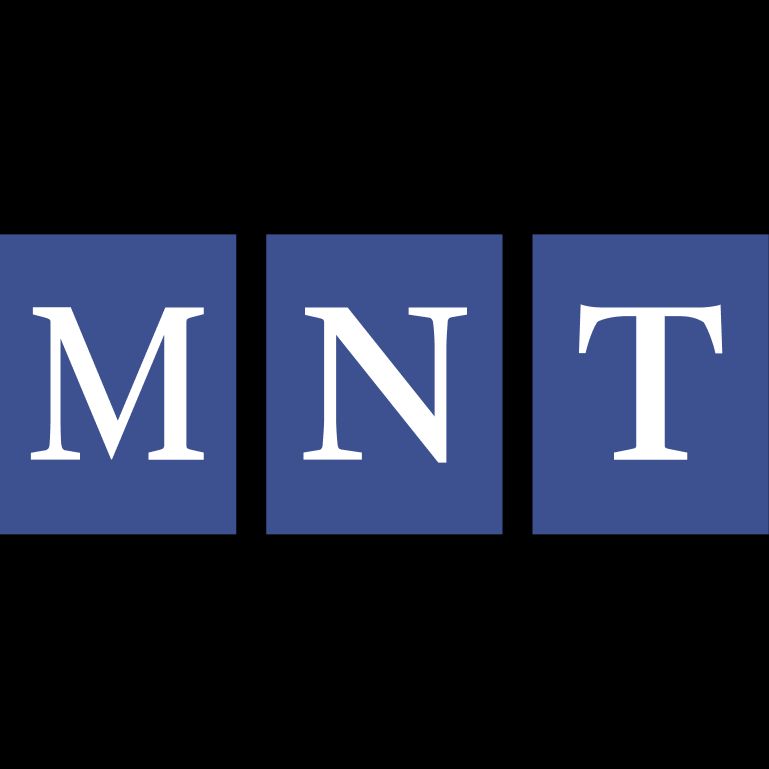Miss Marty
TUG Member
- Joined
- Jun 6, 2005
- Messages
- 4,042
- Reaction score
- 352
Medical News Today Article
A new study, which appears in Science Translational Medicine, investigates an experimental drug combination for the treatment of type 1 and type 2 diabetes. According to the paper, the treatment produced an up to 7-fold increase in the number of cells that produce insulin. It also improved blood sugar control in the animals. The two drugs are exendin-4, which is a GLP1 receptor agonist — a family of drugs commonly prescribed for diabetes — and harmine, which inhibits an enzyme called dual tyrosine-regulated kinase 1A (DYRK1A).

 www.medicalnewstoday.com
www.medicalnewstoday.com
A new study, which appears in Science Translational Medicine, investigates an experimental drug combination for the treatment of type 1 and type 2 diabetes. According to the paper, the treatment produced an up to 7-fold increase in the number of cells that produce insulin. It also improved blood sugar control in the animals. The two drugs are exendin-4, which is a GLP1 receptor agonist — a family of drugs commonly prescribed for diabetes — and harmine, which inhibits an enzyme called dual tyrosine-regulated kinase 1A (DYRK1A).

Diabetes: New drug boosts insulin-making cells by 700% in mice
Tests in mouse models of diabetes suggests that an experimental drug could help 'regrow' insulin-producing beta cells, thereby reversing the disease.
 www.medicalnewstoday.com
www.medicalnewstoday.com
